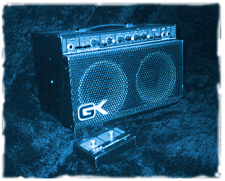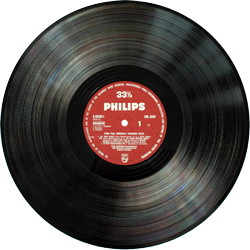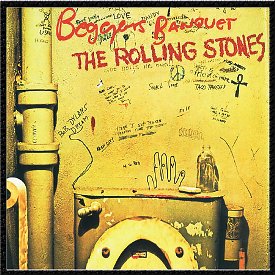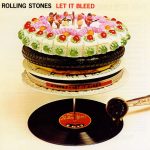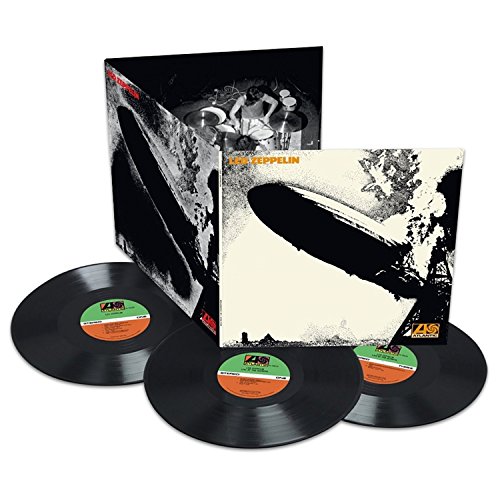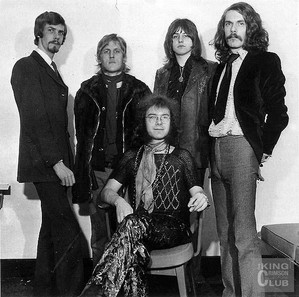Part one of a series on music services, I will start with Amazon Prime.
Back when iTunes music store was top of the list, and sold DRM encumbered tracks, Amazon opened their music store, selling un-protected MP3 files. Turns out that this was more than a sharp stick in Apple’s eye, but the lever by which the music publishers lost the ability to demand DRM on music sold.
But, it did begin the nascent Amazon sales of music. I bought some from Amazon at the time, not for any particular reason, but to have a variety (and let’s be honest, Amazon makes it so damn easy to impulse buy, that it was inevitable that I bought some tracks from them.
side note: Some music was not available for purchase on MP3, in particularly Racer-X, so I continue to buy my CD’s from Amazon.
Fast forward to today. Amazon Prime is their “club” where you get free 2 day shipping, access to a borrowing library for the Kindle, Video streaming (with a really weird set of movies and shows), and ahem, access to their prime collection of music.
It didn’t really dawn on me until way late that you could listen to music like Spotify, on demand. Yeah, I am a bit dense sometimes. But I do it now, and there is even a decent PC application (and a web application for other platforms, as well as Android and IOS applications for phones/tablets).
The positive is that unlike Spotify, you can download the MP3 files to your computer and keep them. Cool. The is quite a selection of Prime music available, from a large chunk of the Jethro Tull catalog, to some obscure albums from Journey and The Outlaws (just from my tastes), you can put together playlists that will satisfy. Also there are “radio” stations that are really more like curated playlists, so you can get an effortless listening experience.
There is a downside though. To find the Prime music you look for the “prime” logo in the store. That means that you get pay to play, next to free tracks. You get your hopes up that a Led Zeppelin album is free, but alas, it isn’t.
One feature of Amazon’s offering is “AutoRip”. If you buy a physical album, and they offer it as an MP3 download, the downloads are added to your collection automatically. This is really cool, as if you buy the reissue Led Zeppelin vinyl album, while you are waiting for it to arrive via their 2 day shipping, you can enjoy listening to it on your computer or phone.
And this is not just for new purchases, since Amazon has records of all the music you bought, from the way back time, they go and automagically add those old tracks to your music. Imagine the surprise when the two Stratovarius albums I bought in 2005 were in my list.
The last time I contemplated ditching Spotify, and seriously looked at Amazon, they got low marks for streaming glitches. It was surprising to me that the company with the AWS and ECS infrastructure to handle Netflix, and be the largest cloud computing platform could suck so bad at media delivery and streaming. However, they have gotten their act together, and a few weeks of heavy usage, I am happy to report virtually no glitches or issues.
Summary
Amazon is a strong contender. Spotify seems to beat it in selection, and no need to differentiate the paid versus free tracks. But, as a service, and included with the Prime account that I am going to use anyway, it is a winner.
Next up: Google Play
